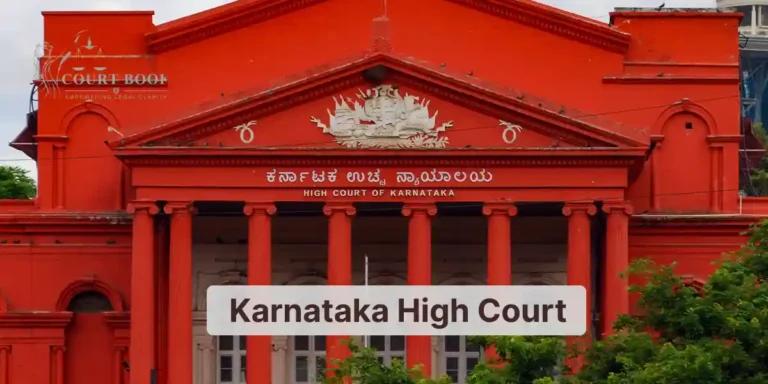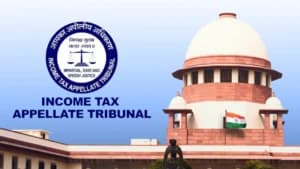The Karnataka High Court has issued a directive to the state authorities to develop a centralized Information Technology (IT) system to oversee compliance requirements under the Karnataka Co-operative Societies Act and its corresponding rules. The order mandates the Principal Secretary of the Co-operative Department, the Registrar of Cooperative Societies, and the Principal Secretary of the e-Governance Department to work towards implementing a streamlined IT-enabled compliance system.
Need for a Common IT Portal
Justice Suraj Govindaraj, in his order, emphasized the urgent necessity for such a system. He observed that numerous cases were being filed in the High Court due to non-compliance with Rule 13D of the Karnataka Co-operative Societies Rules. Many members of co-operative societies had been declared ineligible to vote due to procedural lapses. The court noted that lack of systematic tracking had led to violations of the mandatory requirements, particularly regarding the issuance of notices within the prescribed timeline before elections.
“I am of the considered opinion that it is high time for the Principal Secretary Co-operative Department, the Registrar Co-operative Societies, and the Principal Secretary e-Governance Department to implement an Information Technology System to verify and facilitate compliance with all the requirements of the Act and the Rules,” stated Justice Govindaraj.
Structure and Functioning of the IT Portal
The proposed IT portal is expected to serve as a unified platform where all co-operative societies in Karnataka can upload and track their compliance status. The system will enable automated reminders for statutory obligations, allowing regulatory authorities to monitor and enforce compliance efficiently.
The court outlined key functionalities of the portal:
- Data Collection & Management: The system should be designed to collect, store, and collate all necessary data under the Co-operative Societies Act and Rules.
- Automated Reminders: The portal should issue reminders to co-operative societies regarding upcoming compliance deadlines.
- Regulatory Access: Authorities, including the Registrar of Co-operative Societies, should have real-time access to society records, enabling prompt legal interventions when necessary.
- Digital Notice Serving: The court suggested that notices to society members could be served via electronic means such as email, SMS, and WhatsApp, reducing financial burdens and administrative delays.
Read also:- Karnataka High Court Stresses Gender Inclusivity in Tumakuru Bar Association Elections
Concerns Over Notice Issuance in Elections
The case that prompted this directive involved a petition filed by M.R. Rukmangadha and others, who were denied voting rights in a co-operative society election due to non-compliance with Rule 13D. The rule mandates that notices should be issued at least six months before elections, allowing members to file objections within 15 days. However, in this instance, the notice was issued on January 23, 2025, for an election scheduled for February 9, 2025, falling short of the required timeframe.
The court ruled that such an approach was in direct violation of Rule 13D and stated:
“The notice dated 23.01.2025 does not satisfy the requirement of Clause (ii) of Sub-Rule 2A of Rule 13D, as it was not issued within six months prior to the election date. The declaration holding the petitioners as ineligible is therefore not sustainable.”
Consequently, the court allowed the petition and ordered the votes cast by the petitioners to be counted. Additionally, the court directed the state authorities to take action against the officials responsible for the procedural lapse.
Financial and Administrative Feasibility
One of the major challenges cited by the respondents was the high cost and logistical difficulties in sending notices via registered post to thousands of society members. The court acknowledged these concerns and recommended exploring digital alternatives for issuing notices.
“It is essential to consider adopting modern communication methods such as email, SMS, and WhatsApp for serving notices. Many corporate entities have already embraced digital means for legal communications,” the court observed.
Government’s Compliance Report
In a concluding direction, the High Court instructed the state government to submit a detailed project report within four weeks outlining how the IT portal will be developed and implemented. The court further scheduled a follow-up hearing to monitor the progress of these directives.















